Oxford’s COVID Vaccine Hunter, Sarah Gilbert is Most Important Person in Science Right Now
Tue 21 Jul 2020, 18:14:30
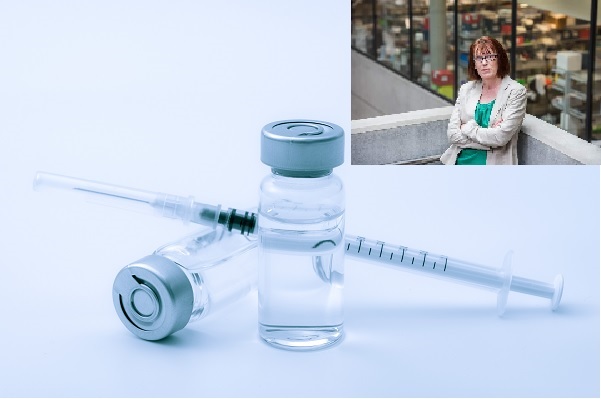
On Monday, British vaccinologist Sarah Gilbert and her team at Oxford University leapfrogged towards the finish line, leaving other contenders behind, in the race to find the vaccine for the novel coronavirus.
The early findings of Gilbert and her team's research have shown promising results, with trials conducted on 1,077 individuals revealing that when they were injected with the vaccine it led to strong immune responses with only minor side effects. The shot induced a strong antibody and T cell immune response among participants.
For Gilbert, however, this race for the vaccine is all about saving the human race. As coronavirus continues to claim thousands of lives every day across the world, Gilbert is working on extremely tight timelines to come up with a working vaccine, that would not only be the next saviour of humankind, but also one of the biggest achievements in medical history.
And, she is confident that she would be able to do it. In early July, when asked by a group of British MPs if there will be a vaccine before winter, she had reportedly replied, “I hope we can improve on those timelines and come to your rescue."
This is also the first vaccine to enter phase-3 trials. More than 10,000 participants in Britain, Brazil and South Africa have already received doses. Another Phase III test involving 30,000 participants in the United States is set to begin next week.
Her superwoman-like assertion of 'coming to rescue' may seem like hyperbole, but it isn't. In the past four months, the Oxford team, which consists of almost 250 people led by Gilbert, has, in fact, achieved the impossible: They have come up with a vaccine that generally would take years to manufacture.
This, however, is no miracle. When the Ebola outbreak happened, the Jenner Institute (where Gilbert works) of the Oxford University was at the helm of first trials of Ebola vaccine, and Gilbert was drafted by WHO to come up with a plan to swiftly respond to 'Disease X' - any unknown, but an inevitable pathogen - so that speedy actions can be taken as and when required in future.
That future is here. The pathogen or Disease X is obviously Covid-19, and Gilbert is ready. She also has the leverage that years of researching MERS has provided her, which undoubtedly, she has used well to her advantage.
Gilbert is also a superhero in a white lab coat on several other counts. She is the mother of 21-year-old triplets, all of whom have volunteered to be part of the trials of Covid-19 vaccine, even though it is still too early to know what kind of effect(s) it might have in the long run.
As a specialist, she got the opportunity to chip away at the infection when Chinese researchers distributed the hereditary grouping of Covid-19, on January 10, 2020. From that point forward, Gilbert has been getting up each morning at 4 am, working for extended periods of time to make the immunization a reality.
In spite of the fact that Gilbert is the most significant lady, nay individual, in
science today, she doesn't have the opportunity to extra to appreciate the spotlight. She says, she is doing what she should do, for example making the immunization.
science today, she doesn't have the opportunity to extra to appreciate the spotlight. She says, she is doing what she should do, for example making the immunization.
Throughout the previous ten years, she has devoted her life to assembling and testing antibodies which are made to incite T cell reactions, significantly by utilizing antigens from jungle fever, and flu. A few such antibodies made by her have likewise passed clinical preliminaries. Nonetheless, this isn't what she needed to do, when she came back to the scholarly community at first.
According to a report in The Telegraph, her aim was to study human genetics, but while doing so, it brought forth 'the role of a particular type of immune response in protection against malaria'. Therefore, Gilbert decided to make a vaccine that would 'work through that type of immune response', and eventually she ventured into vaccine making.
For coronavirus, the vaccine Gilbert is making uses chimpanzee's adenovirus (a common cold virus) along with the genetic material from the protein spike of the SARS-CoV-2 virus which would prompt the immune system to fight back the virus.
The vaccine in early trials stimulated antibodies as well as T-cells (white blood cell type) which would push the immune system to destroy Covid-19. Most of her preliminary knowledge and upper hand in researching Covid-19 for Gilbert comes from her research of MERS for which she went to Saudi Arabia in 2015. According to a Bloomberg Businessweek report, Gilbert tried to make the MERS vaccine using the chimp adenovirus and fusing it the genetic material of the MERS virus, a very similar approach that she is using for COVID-19 vaccine.
However, before her claim to fame, she had a hard time getting funding for MERS vaccine trials. Although the same problem was initially faced while starting trials for the Covid-19 vaccine, help soon poured in from different quarters, including a 2.2 million pound grant from the UK government.
There have been several reports in the last few months that claimed that women researchers have been disproportionately impacted by this pandemic, as they are overburdened by their household chores, and primary caregiving responsibilities, their work output is being adversely affected, due to lack of time and attention.
It is indeed worrisome, given that women are already so few in the field of research. According to UIS data, less than 30 per cent of the world’s researchers are women. In such a situation, Gilbert isn't just a ray of hope for the medical community, but also an inspiration to all women researchers across the world. What also adds to her reputation is the simple and accessible way in which she explains the complex science of the vaccine to the general public.
However, despite her well-deserved rise to fame, Gilbert isn't making claims that she may not be able to live up to. In an interview with BBC, Gilbert chose her words wisely when she said, "The prospects (of the vaccine) are very good, but it is clearly not completely certain."
No Comments For This Post, Be first to write a Comment.
Most viewed from International
Most viewed from World
AIMIM News
Latest Urdu News
Most Viewed
May 26, 2020
Should there be an India-Pakistan cricket match or not?
Latest Videos View All
Like Us
Home
About Us
Advertise With Us
All Polls
Epaper Archives
Privacy Policy
Contact Us
Download Etemaad App
© 2026 Etemaad Daily News, All Rights Reserved.













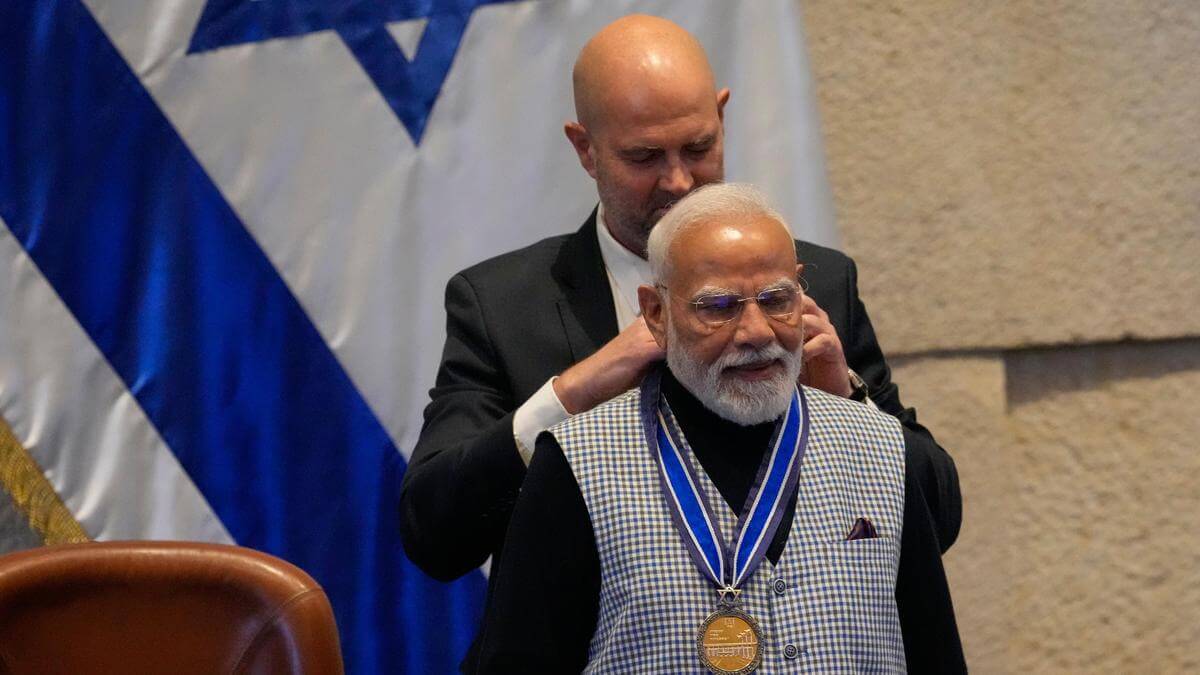
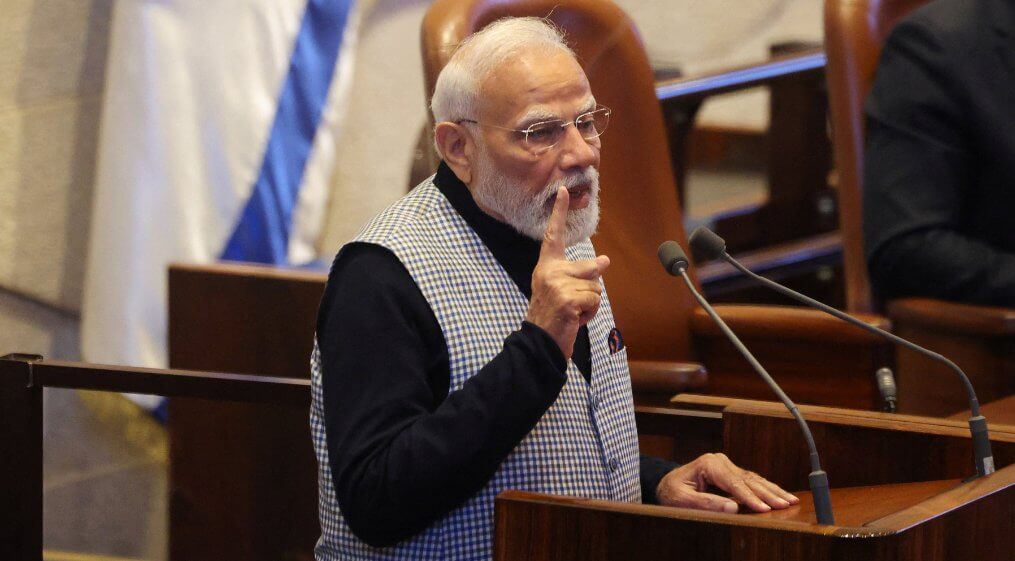


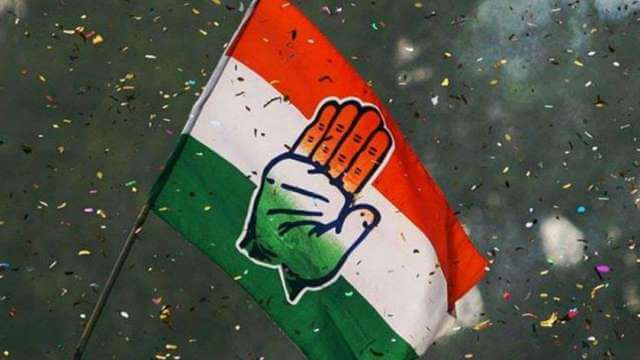

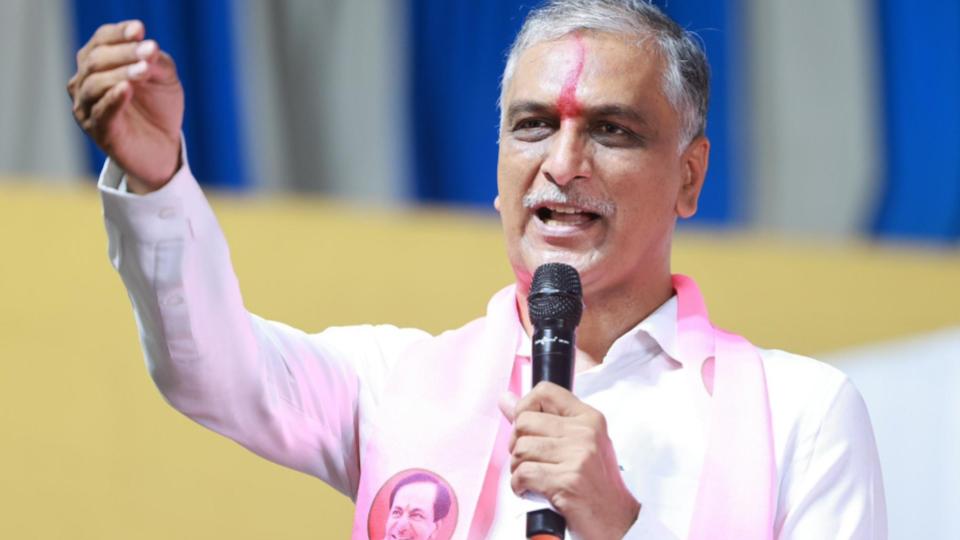




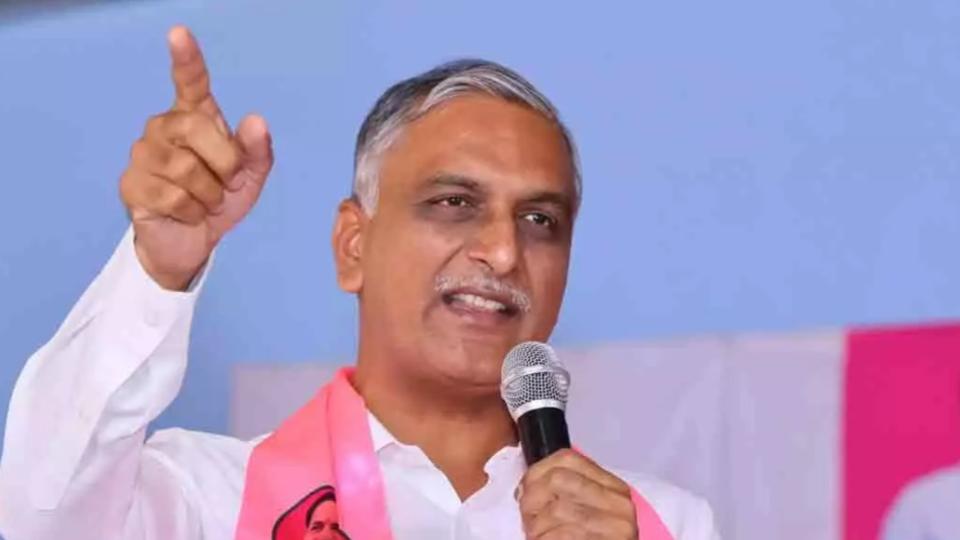

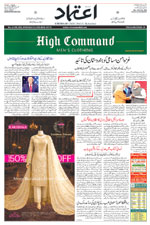










.jpg)
.jpg)
.jpg)


